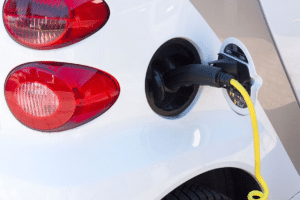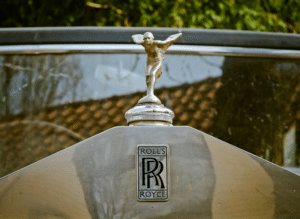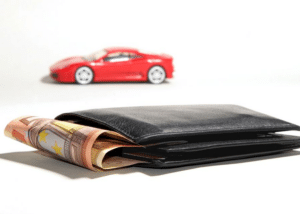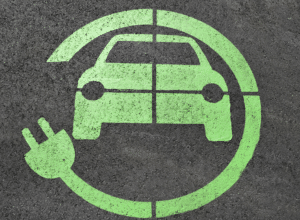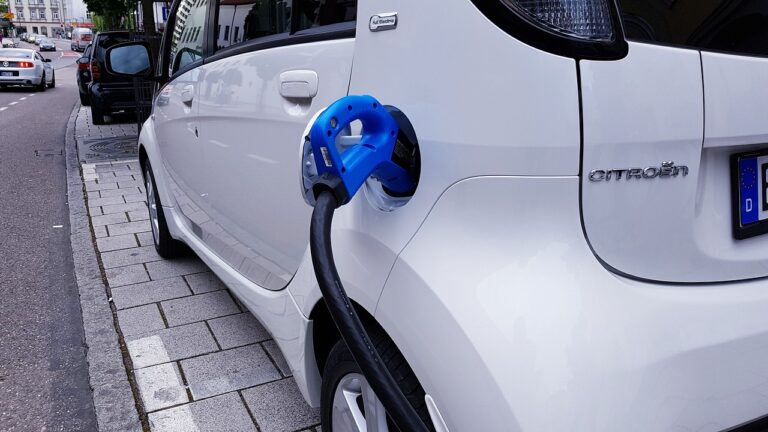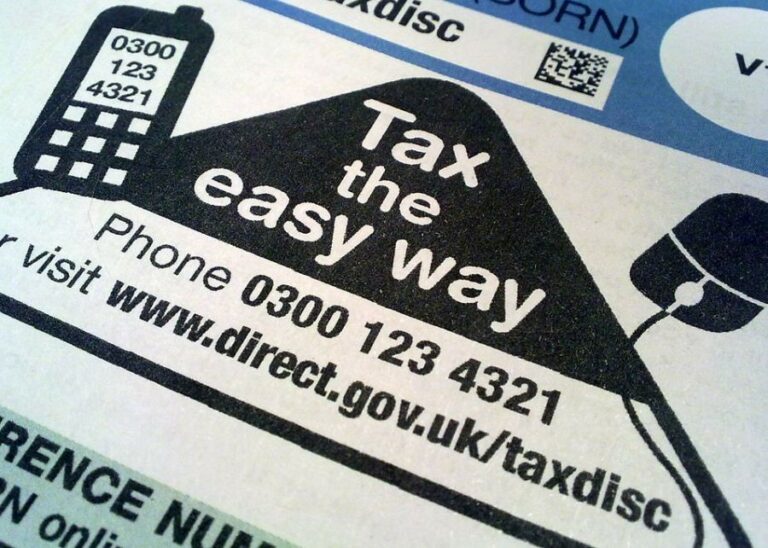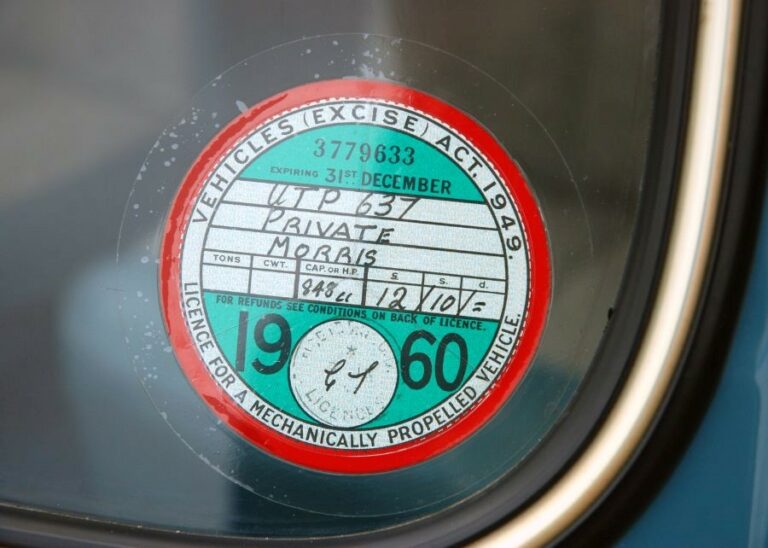The step-by-step process
You will need to follow some steps to legally and properly sell a deceased relatives car. According to the UK Government website, you will need to:
- Notify the DVLA of the car owner’s death using the ‘Tell Us Once’ service or by contacting them directly.
- Provide proof of your entitlement to handle the car on behalf of the deceased’s estate, such as a copy of the will, a solicitor’s letter, or a grant of probate.
- Fill in the relevant section of the vehicle log book (V5C) and send it to the DVLA Sensitive Casework Team with a letter explaining your relationship to the deceased, the date of death, and who should be paid any vehicle tax refund.
- Tell the buyer that they will need to apply for a new V5C log book using form V62 and pay a £25 fee.
- Sell the car to a private buyer or a dealer, depending on your preference and convenience. If you sell to a dealer, you will need to get them to fill out the yellow section of the V5C log book and send it to the DVLA Sensitive Casework Team.
If you do not have the V5C log book, you can still sell the car, but you will need to write a letter to the DVLA Sensitive Casework Team with the same information as above, and inform the buyer that they will need to apply for a new V5C log book.
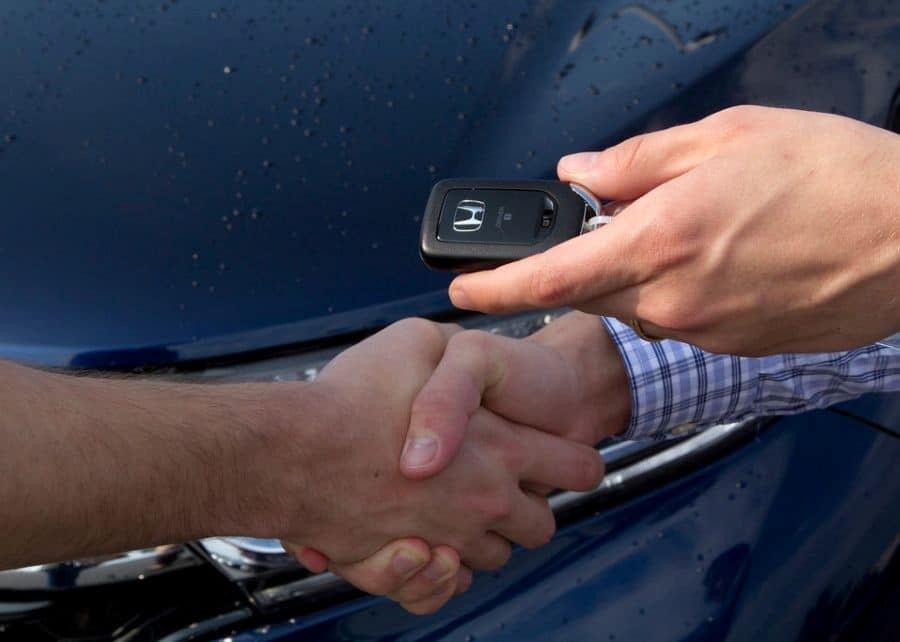
Can I sell a deceased car before probate?
Selling a car before probate is typically not permitted. Probate is the legal process by which a deceased person’s estate is settled, their debts paid, and assets distributed according to their will. Selling a car before probate could be deemed illegal, as the vehicle technically belongs to the deceased’s estate.
However, there may be some exceptions or alternatives depending on the situation. For example, if the car is jointly owned by someone else, such as a spouse or a co-signer, they may be able to sell the car without probate, according to Finance Strategists.
Alternatively, if the car is of low value or the estate is insolvent, the executor may be able to sell the car without probate with the consent of the beneficiaries or creditors, says Legal Knowledgebase. Another option is to transfer the car to a beneficiary before probate, as long as the will allows it and the beneficiary agrees to pay any inheritance tax or other liabilities, according to Pembroke Will Writers
Are there any specific tax implications when selling a deceased person’s car?
There may be some tax implications when selling a deceased person’s car, depending on the value of the car, the status of the estate, and the relationship between the seller and the buyer. Some possible taxes that could apply are:
- Vehicle tax: The vehicle tax cannot be transferred to a new owner, so the seller will need to tell the DVLA about the death of the car owner and who should be paid any vehicle tax refund. The buyer will need to apply for a new V5C log book and pay a £25 fee, says Car.co.uk.
- Inheritance tax: If the car is part of the deceased person’s estate, it may be subject to inheritance tax, depending on the total value of the estate and the beneficiaries. The current threshold for inheritance tax is £325,000, and the standard rate is 40%. However, there are some exemptions and reliefs that could reduce or eliminate the tax, such as spouse exemption, charity exemption, or business relief, according to Saga.
- Capital gains tax: If the car is sold or given away by a beneficiary, they may have to pay capital gains tax on the increase in value from when the person died to when it was sold or given away, says Money Helper. The current annual exempt amount for capital gains tax is £12,300, and the rates are 10% or 20% depending on the income tax band. However, there are some reliefs and allowances that could reduce or eliminate the tax, such as private residence relief, gift relief, or annual exempt amount.
What happens if the deceased person’s car is jointly owned?
The answer depends on the type of joint ownership and the state where the car is registered. There are two common ways to jointly own a car, says Money Saving Expert: with rights of survivorship or without rights of survivorship.
- If the co-owners have rights of survivorship, the car automatically passes to the surviving co-owner when one dies. This is usually the case for married couples or close relatives. The surviving co-owner will need to notify the DMV and provide a copy of the death certificate and the vehicle title to transfer the car to their name.
- If the co-owners do not have rights of survivorship, they own the car as tenants in common. This means that the deceased person’s share of the car becomes part of their estate and is distributed according to their will or the state’s intestacy laws. The surviving co-owner will need to go through probate to sell or transfer the car, unless the state allows a transfer without probate for small estates or certain beneficiaries, says Car.co.uk.

Are there any legal restrictions on selling a deceased person’s car?
Selling a deceased person’s car can be a complex process, depending on your relationship to the deceased and whether you have the legal right to do so. You may need to go through the probate process, which is a legal procedure to settle the estate of the deceased person and transfer their assets to their heirs or beneficiaries.
Can a car be sold if the deceased person had a living trust?
A living trust is a legal arrangement that allows the owner of a property to transfer it to a trustee, who manages it for the benefit of the beneficiaries. A living trust can help avoid probate, which is the court process of distributing the estate of a deceased person, according to Avvo.
If the deceased person had a living trust and the car was part of the trust property, then the trustee can sell the car according to the terms of the trust. The trustee may need to provide a copy of the trust document and a certificate of trust to prove their authority to sell the car, says Legal Beagle. The trustee should also notify the DVLA of the change of ownership and send the relevant sections of the V5C logbook.
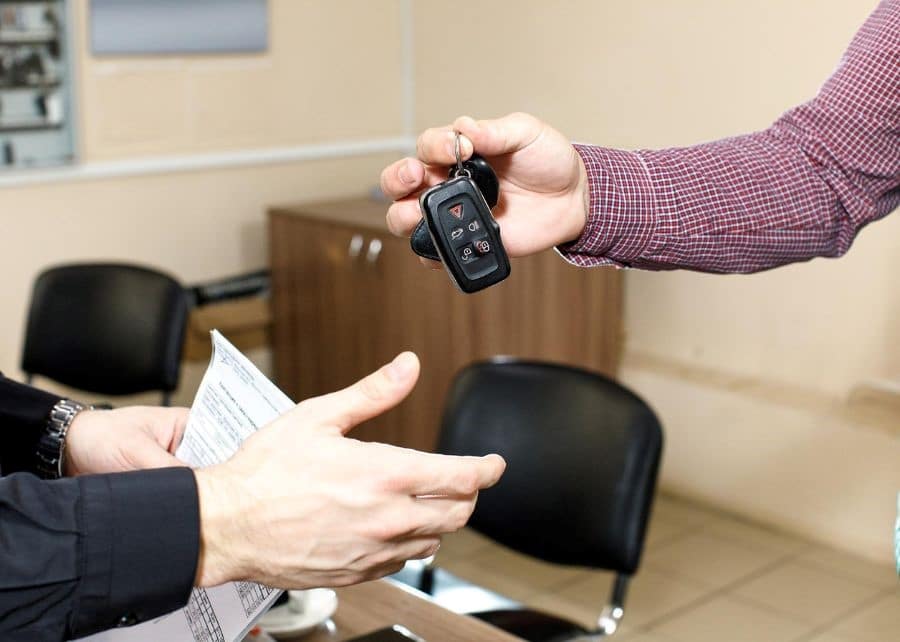
How long does selling a deceased person’s car usually take?
The time it takes to sell a deceased person’s car can vary depending on several factors, such as:
- The legal status of the car and the estate of the deceased person. If you need to go through probate, this can take several months or even years, according to the Government.
- The availability of the necessary documents, such as the V5C logbook, the Death Certificate, and the proof of entitlement. If you do not have these documents, you may need to apply for them, which can take some time, says Cargurus.
- The method of selling the car, such as to a private buyer, a dealer, or a service like ourselves. Each method has its own advantages and disadvantages, such as the price, the convenience, and the speed of the sale.
Therefore, there is no definitive answer to how long it takes to sell a deceased person’s car. However, some general estimates are:
- If you have all the documents and the car is not subject to probate, you can sell the car within a few days or weeks, depending on the demand and the market conditions.
- If you need to apply for some documents or the car is subject to probate, you may need to wait for several weeks or months before you can sell the car.



















